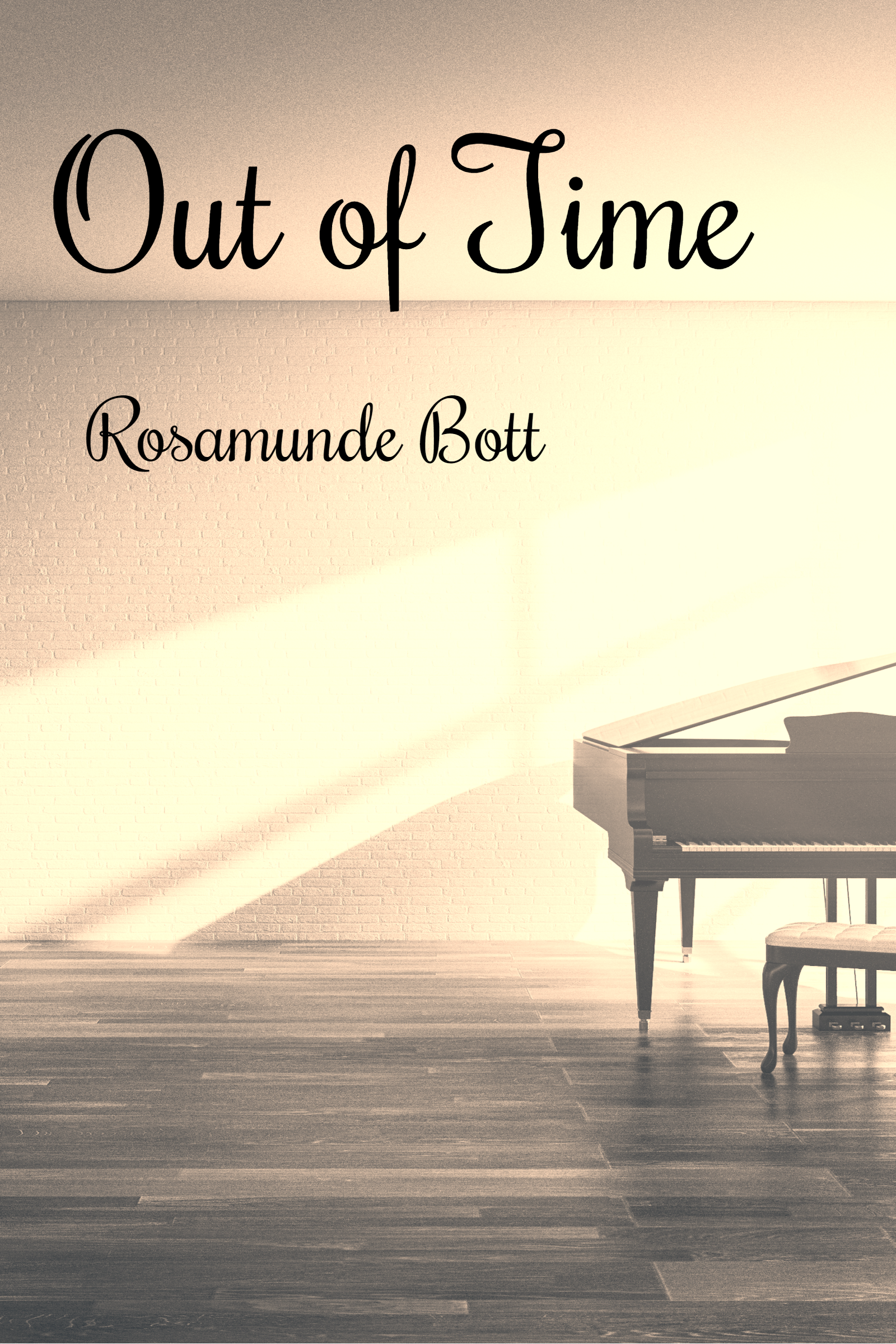Many writers are asked how they get their story ideas, and for most writers this is a very difficult question to answer. Mostly, we simply don’t know, or can’t remember. It might have been sparked by something overheard in a conversation, it might have been a dream, or it might have just been something that seemed to spring into the mind, and grew. ‘The tale grew in the telling,’ as Tolkien famously said about The Lord of the Rings.
But then, everyone overhears things, has dreams and ideas. What makes writers turn these things into stories?
My own theory is that writers are naturally curious, and also naturally inventive. So, we might find ourselves turning over in our heads what we have just heard, or dreamt or thought about, wondering why and what it means. Our inventive mind then begins to expand the idea.
This is what one might call the ‘What if…?’ effect.
This is where one takes an initial idea, interest or
situation, and – consciously or subconsciously (usually the latter, I suspect) –
you begin to ask the question, ‘What if this or that were to happen?’ Throw in some interesting characters and
relationships, and you have your novel.
Let’s have a look at some possible examples.
Suppose someone was just thinking about the American Civil War, and how it swept away a way of life. And suppose they just started thinking, ‘What if a wealthy and spoilt Southern Belle lost everything in that war and had to find a way to survive by any means?’ Throw in a rakish, charming and selfish love interest called Captain Rhett Butler, and you’ve got the basic plot to Gone With the Wind.
Or, try this one: you’re pondering the limiting social etiquette of your day, and you begin to wonder, ‘What if two people who were actually made for each other hated each other at first sight? How would they ever get together?’ Throw in some strong personality flaws and you have the plot of Pride and Prejudice.
Perhaps you have a grandmother who’s extremely cheerful, but always expects the worse of anyone, and is often proved right. Perhaps you wonder, ‘What if someone like this became an amateur sleuth?’ This was how Agatha Christie got her idea for the Miss Marple series.
Here’s a couple more examples.
What if you met a man who had lived for two hundred years without ageing, and he’d met someone in one line of your family in each generation? That was my plot for Out of Time, and it came out of my interest (and work) in family history and how we are all connected to the past through our ancestors.
What if a naïve, provincial shoemaker’s daughter was thrown into the racy, exciting and often scandalous world of the Victorian theatre? That was my plot for Isobel Brite, and it came out of working on a dissertation about local 19th century entertainment when I was doing my Open University degree.


Sounds simple, doesn’t it? The actual plot often is. The ‘What if…?’ is your basic plot, and when you start thinking and planning it, it can be extremely exciting and inspiring; but that’s when the real hard work begins. You have to work out structure, character traits, other characters, relationship developments, cliff-hangers, conflicts, sub-plots and how to bring the story together to a satisfying conclusion. On top of that, you need to have some sort of something to say; some kind of message and theme, and get that across without forcing it down the reader’s throat.
It might not be something that many writers do on a conscious level – but I am pretty sure that all writers not only have an ability, but also a strong need to investigate and expand on interests, thoughts and dreams etc, and that’s how we get our story ideas.



